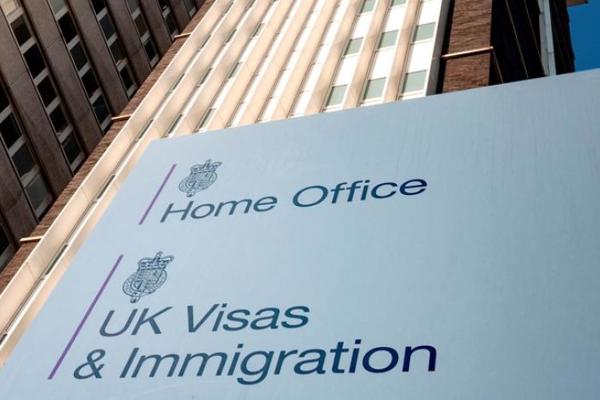I once gave evidence to the Scottish Affairs Committee at Westminster about the Sponsor Licence process, and I remember being pleased that the camera didn’t catch my reaction when the Immigration Minister at the time said that getting a Sponsor Licence was easy. In theory, getting a Licence is as simple as filling in an online form but in practice an application can be refused if it isn’t prepared correctly. Some of the most common mistakes I’ve seen include:
1. Not sending the correct documents, or sending them in the wrong format
Anyone who applies for a Sponsor Licence needs to be aware of the requirements of Appendix A to the Sponsor Guidance. Different types of businesses need to send different documents, the documents need to be in the correct format and some documents don’t need to be sent.
There are also strict rules about what a covering letter should include, and what type of structure chart should be provided. Often, when I’m asked to review applications which have been refused, I find that a structure chart or covering letter has been missed. Carefully planning the application, and having it checked before submission, can ensure that crucial documents aren’t missed.
2. Missed communications from the Home Office
Sometimes, although not always, the Home Office send the Authorising Officer or Key Contact requests for further information before deciding an application. I once helped a client who had received a refusal, with the reason being that they hadn’t responded to a request.
The first my client knew of any Home Office contact was when they received the refusal letter. My first instinct was to write to the Home Office to ask for a reconsideration on the basis that no request had been made…then we checked the client’s junk email. The client’s email provider had seen the originating email address and assumed it was spam, how often have we all received those emails claiming to be from a Government department that allegedly owes us money? In the end we reapplied and the application was granted, but now I always tell my client to make sure that .gov is added to their list of safe senders and to check their junk emails once a day to make sure they don’t miss any crucial correspondence.
3. Not considering the sponsor obligations
The Home Office can carry out a pre Licence visit, and this is increasingly common. They want to make sure that the key personnel on the Licence:
- Understand their responsibilities as licenced Tier 2 sponsors;
- Know the documents they need to keep to evidence their compliance; and
- Have considered how their systems can be used to meet their obligations.
I’ve seen applications refused because the company didn’t consider this in advance, and then they’ve been unable to apply for a new Licence for a set period which has led to the loss of a candidate for a key role. Any company applying for the Licence needs to be able to answer these questions before applying, and in some cases it’s worth carrying out a pre Licence audit.
If you are considering applying for a Tier 2 Sponsor Licence, either to recruit someone now or to prepare for the new immigration system, our team of expert solicitors can help. We have experience working with companies of all sizes, and from all sectors, and our focus is on training your staff to be able to operate a Licence effectively. Please get in touch to find out how we can build a support package that fits your need and budget.


